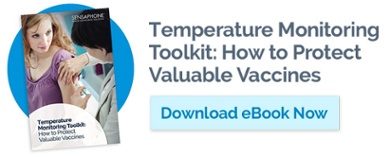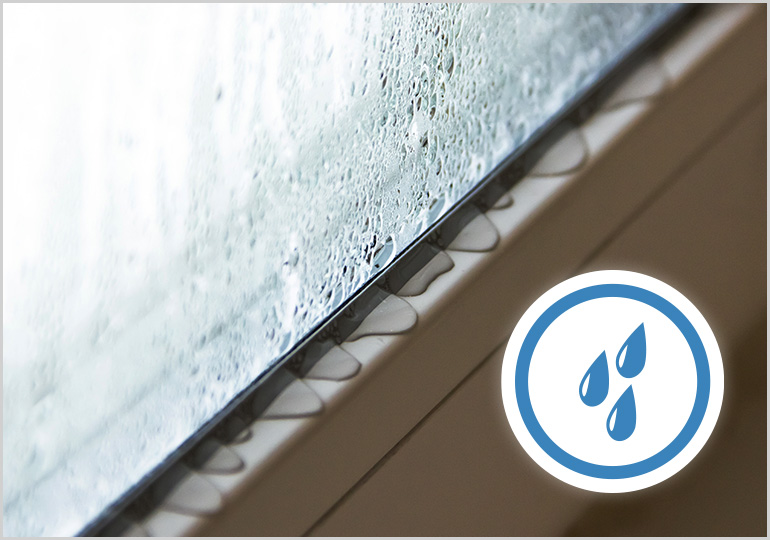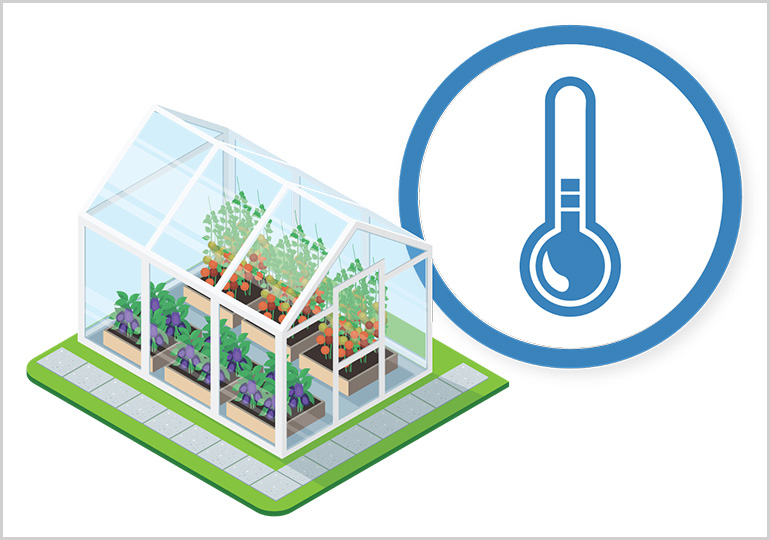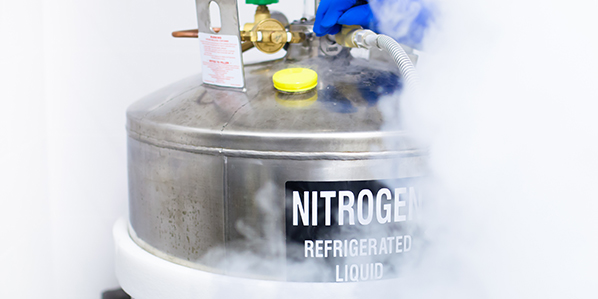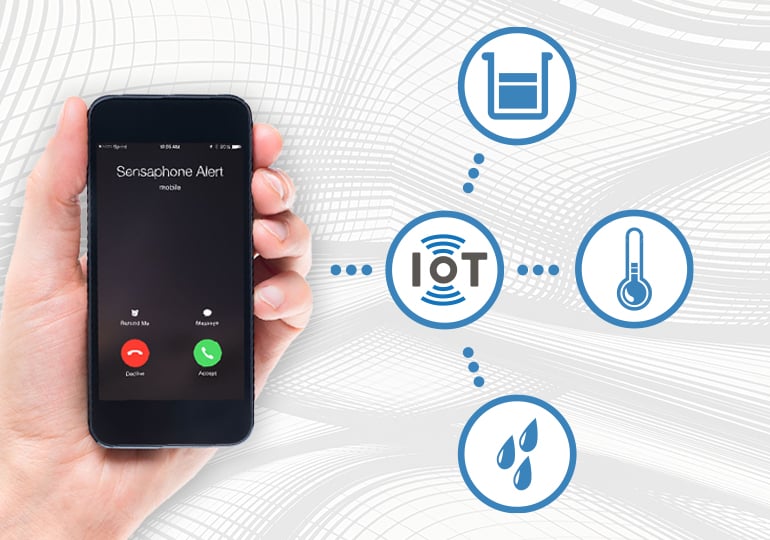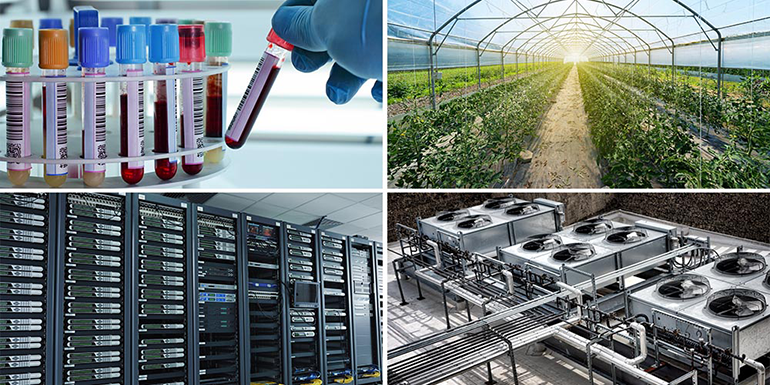
If you're in charge of inventory kept in commercial refrigerators and freezers, it's crucial to have medical refrigerator temperature monitoring, instant alarm alerts, and secure record-keeping. According to the World Health Organization, about 50% of vaccines may be wasted globally every year because of temperature control, logistics, and shipment-related issues.
Medical refrigerators may house vaccines, pharmaceuticals and lab samples valued from hundreds to thousands of dollars. Maintaining these products at inappropriate temperatures can deteriorate their quality, potentially causing serious issues such as rendering medications ineffective. For example, a study conducted on vaccine storage in general practices found that up to 2.8% of vaccines were exposed to temperatures below 0°C for at least 1 hour.
Opting for Wireless Monitoring Systems
A wireless monitoring system offer an ideal solution for many settings, as they remove the need to physically connect sensors to the base unit. These systems are particularly beneficial for areas where wiring poses a challenge, providing an easy and adaptable solution.
Wireless temperature sensors are a key components when these systems are used in medical refrigerator monitoring applications. Paired with a bottle filled with glass beads or glycol, these sensors provide a reading that reflects the actual temperature of the contents within the fridge or freezer, instead of the ambient air temperature. The liquid inside the bottle serves to buffer sudden temperature changes caused by defrosting, door-opening, or air circulation by fans.
That means you get accurate temperature readings of your stored products—not of the surrounding air.
Bottled wireless temperature sensors also stop the system from sending unnecessary alarms. The glass beads or glycol slow down the sensor's response time, preventing routine operations from setting off an alarm.
You can place the wireless temperature sensor up to 300 feet away from the base unit or further if you use multiple sensors to create a mesh network. They measure temperature from -58° to 176° F (-50° to 80° C).
Importance of Temperature Control
When it comes to storing pharmaceuticals, maintaining the right temperature is crucial. Every drug has its specific storage requirements. Some require refrigeration, some must be kept below freezing, and others may lose their potency if frozen. For instance, insulin typically needs to be stored at temperatures between 2°C and 8°C (36°F and 46°F) for optimal efficacy.
The CDC provides clear guidelines on vaccine storage in its Vaccine Storage and Handling Toolkit. It underlines the necessity of continual temperature monitoring and immediate corrective action if temperatures deviate from the recommended range. If certainty can't be maintained that the vaccines were kept within the required range, the advice is to dispose of them.
It's worth mentioning that glycol-filled wireless temperature sensors adhere to the CDC's recommendations for monitoring vaccine storage in medical fridges. These are often preferred by regulatory bodies over those filled with glass beads. We recommend the WSG wireless temperature sensor used with the VFC Refrigerator Temperature Sensor with Display for CDC applications. These sensors are used exclusively with the Sensaphone WSG30 monitoring system.
NIST Certification for Reliable Storage
To assist customers who are responsible for storing vaccines, pharmaceuticals and other temperature-sensitive medical inventory, Sensaphone provides wireless temperature sensors that carry Traceable Calibration Certificates. These certificates validate that the sensors are calibrated according to the standards set by the National Institute of Standards and Technology (NIST), a U.S. Commerce Department agency. This assures that manufacturers and laboratories are adequately equipped to calibrate equipment to NIST standards and that the products they offer align with NIST-regulated measurement standards.
If you have specific questions about which wireless temperature sensor is right for your refrigerators and freezers, we are happy to make a recommendation. Contact us today.

